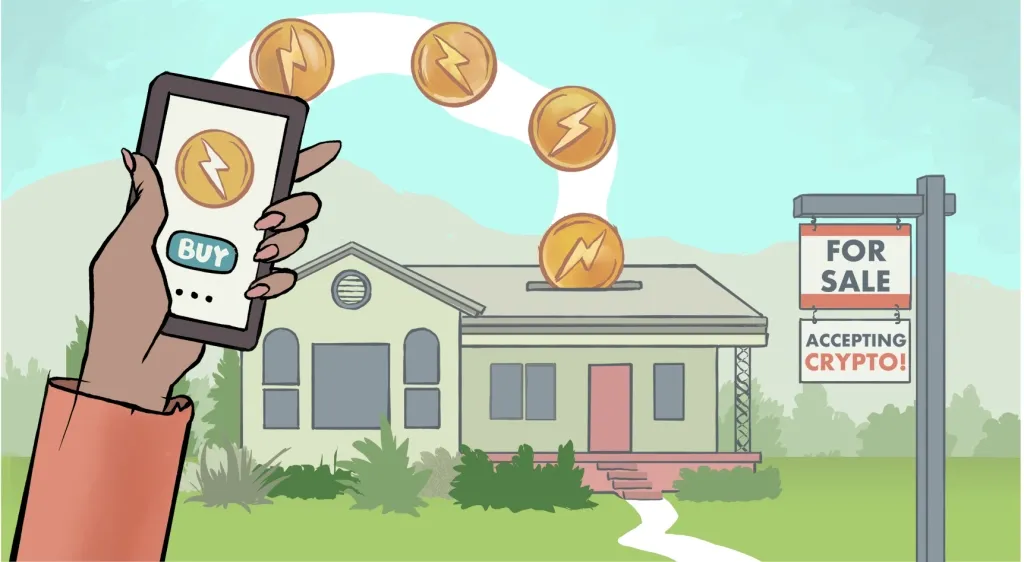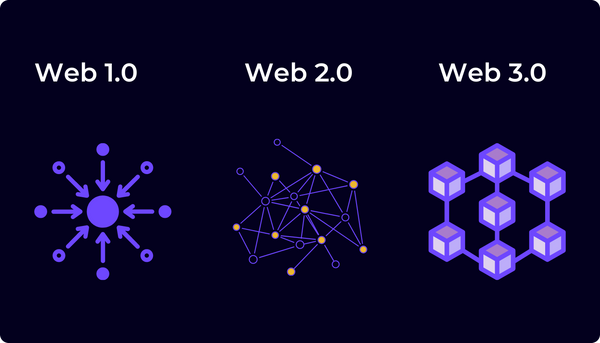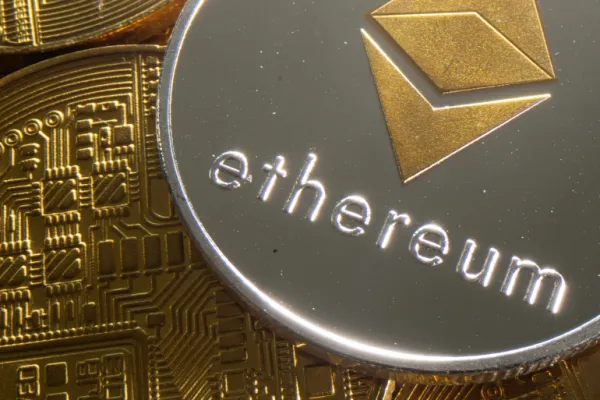Today, more than one-third of small businesses accept crypto payments. As crypto adoption grows, more and more consumers are expected to accept crypto for various products, services and assets - such as real estate.
Fintech platforms such as BitPay, Coinbase and Paybis are making it easier to transfer crypto between consumers and businesses, and some mortgage banks have already begun to experiment with giving consumers the option to pay in crypto.
There are several reasons why someone may choose to buy a house with Bitcoin, Ethereum, or another cryptocurrency instead of paying with cash or a mortgage:
- Predictable value forecast: Buying residential properties with cryptocurrency can offer a way to stabilize shift your crypto assets from (mostly) unpredictable prices fluctuations to more stable price appreciation over time.
- Diversification: Instead of carrying a large percentage of assets in crypto, allocating a portion to real estate allows you to diversify your asset mix.
- Retirement: Buying a house with crypto may be more pragmatic than selling off your equities to support your retirement.
- Possible tax advantages: You may be able to avoid short-term capital gains depending on how long you've held your crypto and depending on whether you purchase the home under a corporate structure or as an individual.
- Quick closing: Avoid mortgage providers will eliminate traditional waiting periods that are common in a residential real estate transaction.
Purchasing a home directly from the seller
The process of buying real estate with crypto through a private seller is a very new concept. You will still need to complete an official "purchase agreement," or standard real estate contract. Most purchase contracts have standard language, no matter which state you live in.
Some sellers may be comfortable with 100% crypto transactions, while others could opt for a split between cryptocurrency and cash. In either case, you will need to send Bitcoin or Ethereum from one wallet to another - typically while supervised by a closing attorney or title agent.
For sellers that are anxious about receiving cryptocurrency directly, your crypto may need to be transferred to a 3rd party - such as a closing attorney or an independent party that possesses a cold wallet, such as Ledger.
Some blockchain services can facilitate cryptocurrency real estate transactions on behalf of buyers and sellers. These 3rd party providers will send the homebuyer an invoice, which requests a payment via a predetermined crypto wallet. Generally the homebuyer can then manually enter the payee wallet address or scanning a QR code. Next, the crypto funds are transferred to the seller. The seller can keep the funds in their crypto wallet or convert funds from BTC to USD.
The homebuyer will still need to cover any state or local fee, such as transfer stamps or property taxes due at closing.
NFTs and the homebuying process
Non-fungible tokens (NFTs) are a popular way to own and trade digital art and digital collectibles. But NFTs are showing promise within the real estate and title insurance industries.
An NFT can represent the sale of a piece of real property and act as a form of payment or collateral if the home seller or lender/bank accepts it.
In May of 2022, the real estate startup Propy sold its first NFT-backed property in the U.S. In the transaction, the homebuyer purchased a 2,000-square-foot house for 210 ETH ($653,000) and received an NFT as proof of ownership.
Some title/deed experts argue that NFTs could be a great substitute for physical title paperwork which can get lost and is often difficult to retrieve from local/county courthouses. With smart contracts, title/deed details would live on a blockchain, where their details could not be lost or altered.
Conclusion
Despite crypto being a new form of payment for real estate, it holds much promise and may lead to a more efficient buying and selling process. As crypto adoption increases and DeFi apps continue to expand into the real estate industry, we expect to see more and more homes being traded using crypto.






